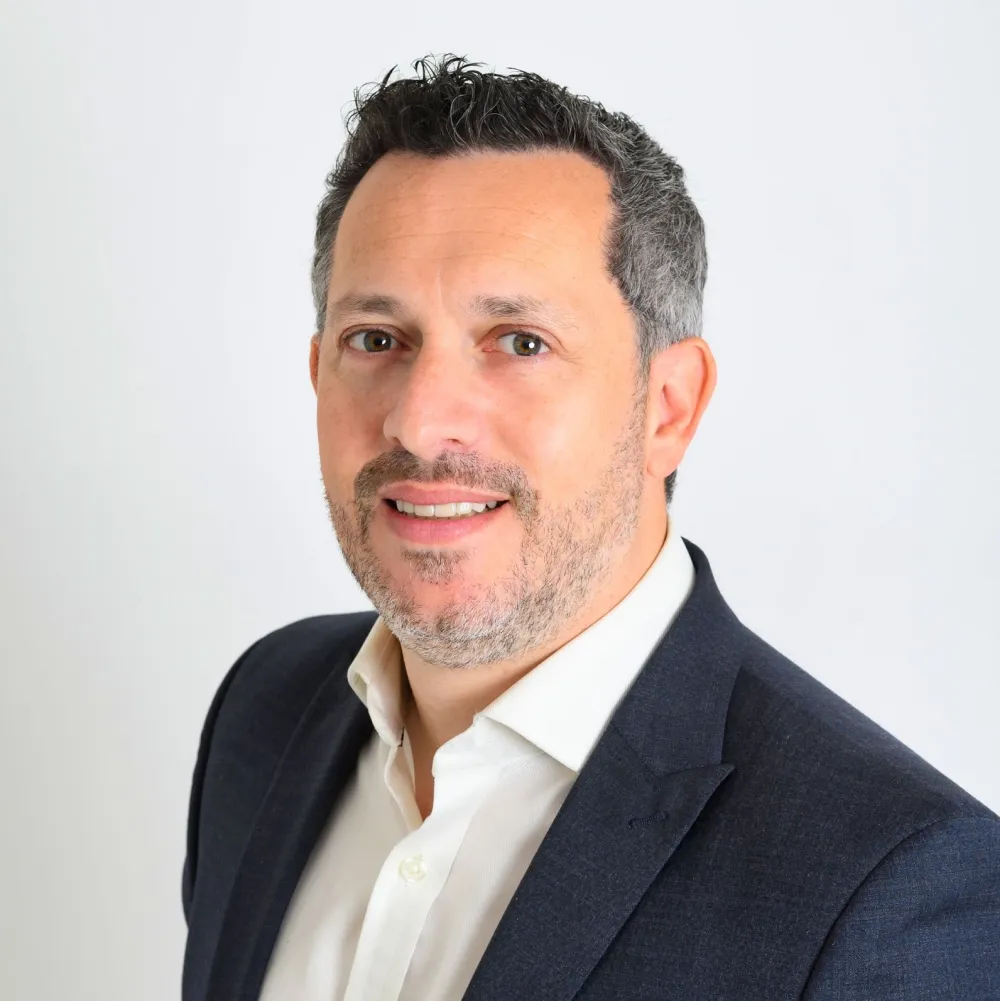Kleros 2.0, Proof of Humanity & Decentralized Arbitration in Web3 with Federico Ast

Fresh out of the studio, Federico Ast, founder of Kleros returned to the podcast to share the story of Kleros over the past few years and where it is heading as a decentralized arbitration service in the web3 and crypto economy. He dived deep into the concept of proof of humanity and how it helps to resolve identity verification and explored the implications of how Kleros has transformed the legal landscape from a landmark case in Mexico resolved by the protocol to advising the United Nations. Last but not least, Federico shared the new use cases relating to tokenized physical assets with Kleros and shared what great looks like for Kleros in the future.
"What if you could just outsource your disputes to Kleros? Whenever users have a dispute on your platform, Kleros will select a jury to analyze the dispute. They're going to see the evidence, see the agreement between parties, and they're going to make a decision about who is right, and then Kleros informs you of the decision on your platform. And then this is enforced by the smart contract and the money. Let's say Alice wins. So she's reimbursed the money that she would pay Bob for this. So this is one example in the freelancer (space). But imagine all of these platforms that just connect to Kleros through some pipes and send disputes - and Kleros sends back decisions. So this is the vision of what Kleros is going to build. This is why we call it "Decentralized Court" for all of the Web3 ecosystems." - Federico Ast
Introduction
- Federico Ast (@federicoast, LinkedIn), Founder and President of the Cooperative, Kleros
- Since our last conversation in 2018, what have you been up to?
- We discussed the things you learned the last time and I am sure you have evolved in your career. Let me ask this again: What are the important lessons you can share with our audience on your career journey so far?
Kleros 2.0 & Decentralized Arbitration in Web3 with Federico Ast
- Kleros 2.0 and Distributive Justice (main site, @kleros_io, discord)
- The last time when you are here, you were educating us about how to do an initial coin offering (or ICO) for a coin, and talk about the initial journey of Kleros. To start, given that Kleros emerged from the first crypto winter and have been mentioned by Vitalik Buterin, co-founder of Ethereum and CB Insights as a blockchain with an interesting application. Now you have a foundation and a development team, and Kleros has been running for a while. Can you share the global vision and mission of Kleros?
- Can you explain what it means to be a decentralized arbitration service for the disputes of the new economy?
- What is the difference between Kleros from the traditional arbitration that is traditionally performed by human professionals called lawyers with the judges and jury in the courts run by governments?
- How does Kleros deal with disputes and facilitate the arbitration process in the web3 economy?
- Concept of Schelling Point in game theory and how it is applied in real-world arbitration.
- Of course, there is an inherent concept of proof of humanity in Kleros. Can you explain how proof of humanity and how the concept works?
- The different vectors of attack on Proof of Humanity: 1/ synthetic identities, 2/ collusion of soulbound NFT profiles, and 3/ an AI bot triggering a smart contract to Kleros on a legal arbitration.
- How does Kleros integrate into the network state concept pioneered by Balaji Srinivasan?
- How does the constitution-building process happen with Kleros? Reference: Federico Ast: Sortition in The History of Democracy.
- Can you explain the tokenomics of Kleros and also how different stakeholders play in your ecosystem? For example, you can join as a juror and earn money to bring justice to the world.
- What if the defendant or prosecutor did not like the arbitration process and demanded an appeal to the courts' process? How does that work in a decentralized system?
- What is the one thing you know about Kleros and the decentralized arbitration service that not many people do?
- Can you talk about the interesting applications of Kleros globally with some examples? For example, how does it work for insurance, e-commerce and finance, content moderation, and intellectual property?
- How has Kleros evolved from where we last spoke till today? What are the highlights of Kleros in the past few years?
- Can you talk about the global coverage of Kleros? Where and how are developers are building on your platform?
- How to Enforce Blockchain Dispute Resolution in Court? The Kleros Case in Mexico.
- Kleros in the United Nations in Kleros June Community Update.
- What keeps you up in the night with Kleros as a founder of a protocol?
- What are the new areas which Kleros are now exploring in this bear market?
- What does great look like for Kleros in the next few years?
Closing
- What are the recommendations that have inspired you recently?
- Federico's recommendations: Balaji Srinivasan's "The Network State" and Hayek, "The Road to Serfdom".
- How does my audience find you?
Podcast Information: The show is hosted and produced by Bernard Leong (@bernardleong, Linkedin) and Carol Yin (@CarolYujiaYin, LinkedIn). Proper credits for the intro and end music: "Energetic Sports Drive" and the episode is mixed & edited in both video and audio format by G.Thomas Craig (@gthomascraig, LinkedIn).



